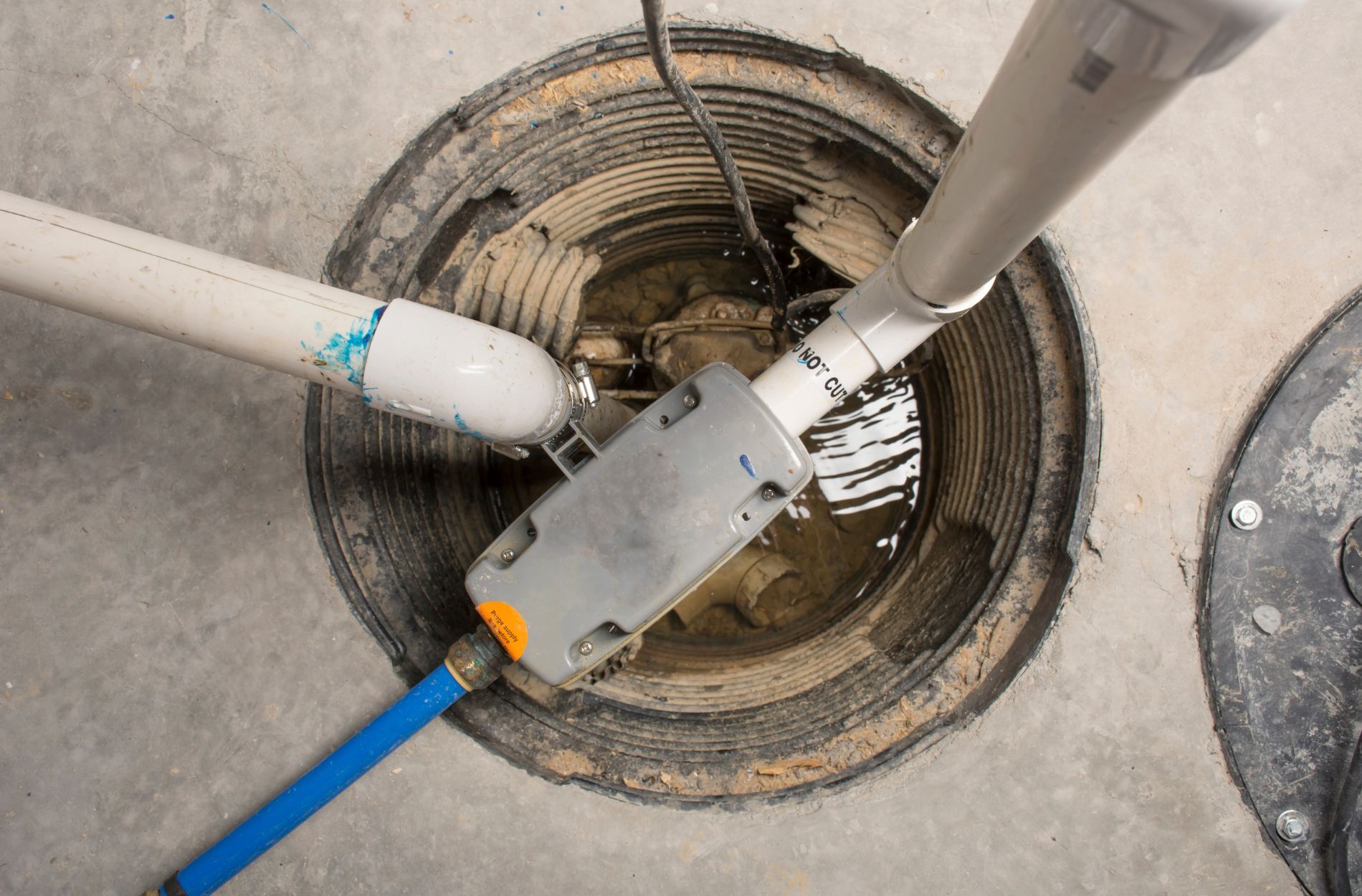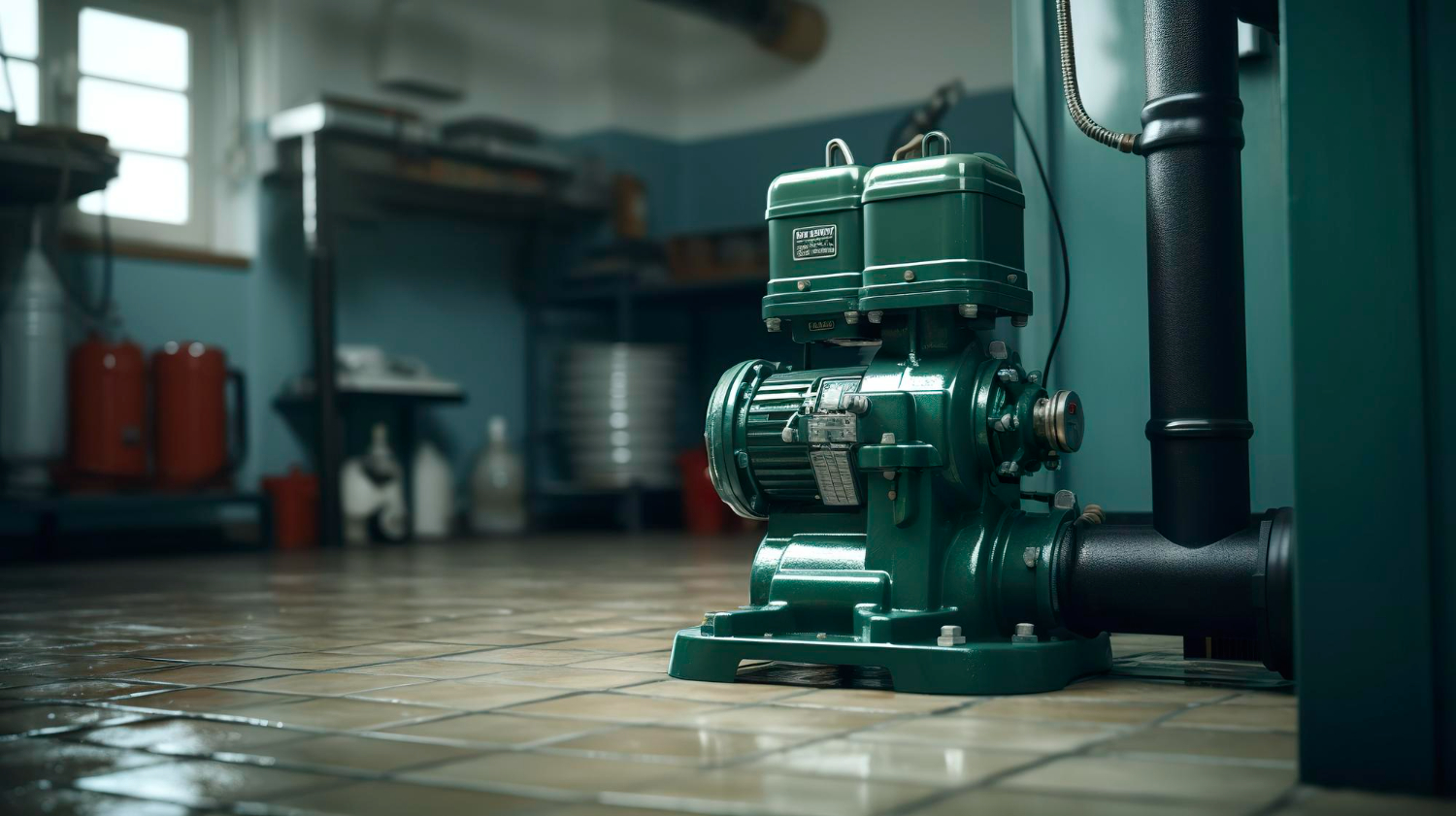Deciding whether to convert from a septic tank to a sewer system is a significant choice for homeowners, with both financial and environmental implications. Here are some key factors to consider when making this decision, from cost and convenience to environmental impact and maintenance.
1. Cost Considerations
Switching from a septic system to a municipal sewer connection typically involves a substantial initial cost. Homeowners usually have to pay for the connection fee, which covers linking the home’s plumbing to the main sewer line, as well as the cost to remove or properly decommission the septic tank. Connection fees vary by region but can range from a few thousand to tens of thousands of dollars. In addition, if your home is far from the main sewer line, installation may require extensive trenching, which can increase costs.
In contrast, septic systems generally have lower ongoing costs. After the initial installation, they only require periodic pumping (every three to five years) and minor maintenance. Consider both upfront and long-term costs carefully; if you plan to live in the home for many years, sewer fees could offset septic maintenance costs over time.
2. Maintenance and Convenience
Septic systems require regular maintenance to avoid backups or overflows. While septic tanks are relatively low-maintenance, they do require pumping and occasional inspections. In contrast, sewer systems are usually maintained by the municipality, relieving homeowners of responsibility for upkeep, which many find more convenient.
Additionally, converting to a sewer system can eliminate the risk of septic system failure, which can be costly and unpleasant to repair. Municipal sewer systems are often more reliable, particularly in urban areas with older infrastructure that can handle larger amounts of wastewater.
3. Environmental Impact
Septic systems, when well-maintained, are environmentally friendly because they treat wastewater locally, allowing treated water to be naturally filtered and absorbed by the ground. However, failing septic systems can cause groundwater contamination, which may be particularly problematic in areas near wells, lakes, or rivers.
Municipal sewer systems are generally more efficient at processing large volumes of wastewater, but they depend on extensive infrastructure and energy to transport and treat waste at centralized facilities. In urban and suburban areas, connecting to a sewer system may be more environmentally sustainable. For rural areas with lower population density, well-maintained septic systems can offer a comparable level of environmental protection without requiring extensive infrastructure.
4. Property Value and Local Regulations
In some neighborhoods, homes connected to the sewer system may be more attractive to potential buyers, as sewer connections are often seen as lower-maintenance than septic tanks. This could potentially increase the property value, particularly in urban or suburban areas.
Local regulations also play a role; some municipalities are expanding their sewer networks and offering incentives or mandating homeowners to switch, especially in areas where septic systems are prone to failure or where groundwater contamination is a concern. Check local regulations and consider if there are incentives, rebates, or assistance programs that could make the transition more affordable.
Conclusion
Converting from a septic tank to a sewer system has pros and cons, depending on your location, budget, environmental considerations, and future plans for the property. If you prefer convenience, reliability, and are willing to invest in the connection cost, switching to a sewer system may be advantageous. However, if you’re in a rural area, are prepared to manage periodic septic maintenance, and want to avoid the upfront costs of conversion, keeping your septic system might be a more practical choice. Carefully weighing these factors will help you make an informed decision that aligns with your lifestyle and long-term goals.
Contact Countryside Sewer and Septic today for your septic and plumbing needs.
Flexible Financing Options
Get the service you need now pay over time with easy, affordable financing plans.

Blogs


Signs Your Antioch Sump Pump Needs Professional Attention Now


